Marion Nestle, a prominent nutrition policy expert, has expressed concerns over the impact of the Trump administration's efforts to withhold Supplemental Nutrition Assistance Program (SNAP) benefits from millions of Americans. According to Nestle, this move has highlighted the fragility of the economy, leaving 42 million people, including 16 million children, without a consistent source of food.
Nestle, who has written extensively on food policy, stated in a recent interview that the situation is "stunning." She noted that when she first wrote her book, Food Politics, in 2002, people often asked her what food had to do with politics. However, she now believes that the connection between food and politics is more apparent than ever. "Nobody asks me that anymore," Nestle said.
The Trump administration's efforts to restrict SNAP benefits were part of a broader effort to reform the program. The proposed changes aimed to require able-bodied adults without dependents to work at least 20 hours a week to receive benefits. However, critics argued that the plan would disproportionately affect low-income households and exacerbate food insecurity.
Nestle emphasized that the issue is not just about SNAP benefits but also about the broader food policy landscape. She pointed out that the United States has one of the highest rates of food insecurity among developed countries, with approximately 1 in 8 households struggling to access nutritious food.
In addition to SNAP, Nestle highlighted the importance of other food policy initiatives, such as the "triple duty" diet, which aims to promote healthy eating while also supporting local economies and reducing greenhouse gas emissions. The triple duty diet focuses on increasing consumption of plant-based foods, reducing food waste, and promoting sustainable agriculture practices.
Nestle's comments come as policymakers continue to grapple with the complexities of food policy. While some argue that SNAP benefits should be restricted to incentivize work and self-sufficiency, others contend that the program is essential for ensuring that vulnerable populations have access to nutritious food.
As the debate over food policy continues, Nestle's warnings about the fragility of the economy and the need for a comprehensive approach to addressing food insecurity remain relevant. With 42 million people relying on SNAP benefits, the stakes are high, and policymakers must carefully consider the consequences of their decisions.
The current status of SNAP benefits remains uncertain, with the Biden administration's efforts to restore funding and eligibility for the program ongoing. As the situation unfolds, Nestle's expertise and advocacy will likely continue to shape the national conversation on food policy and its impact on the most vulnerable members of society.




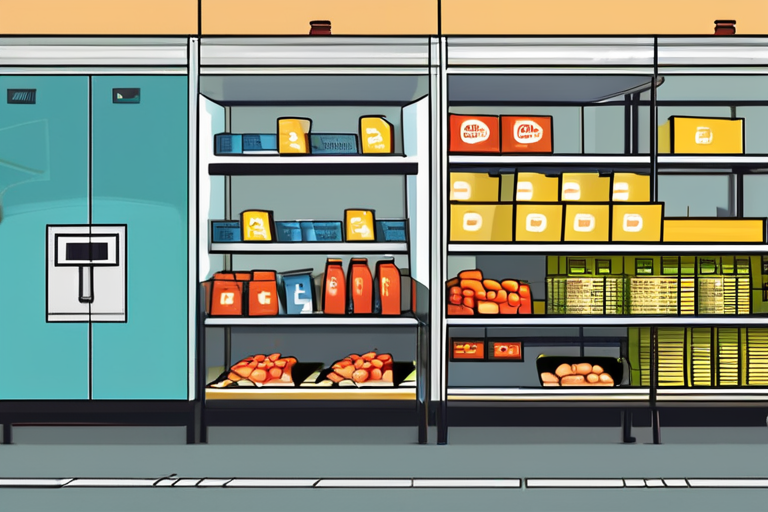

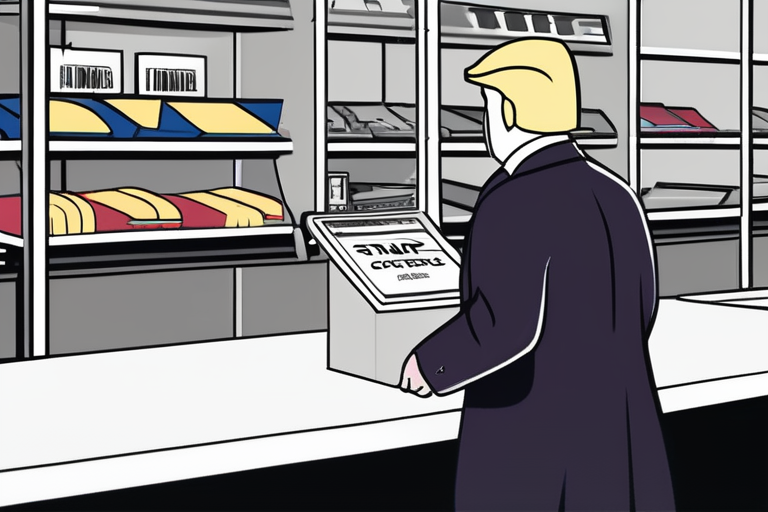
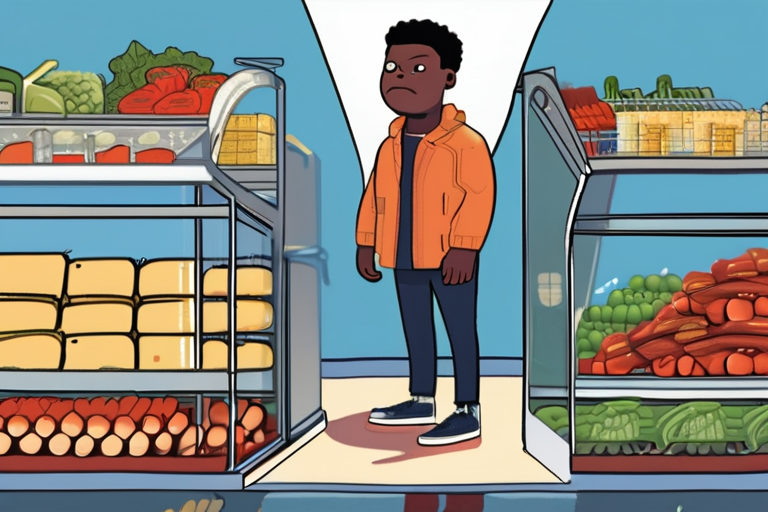
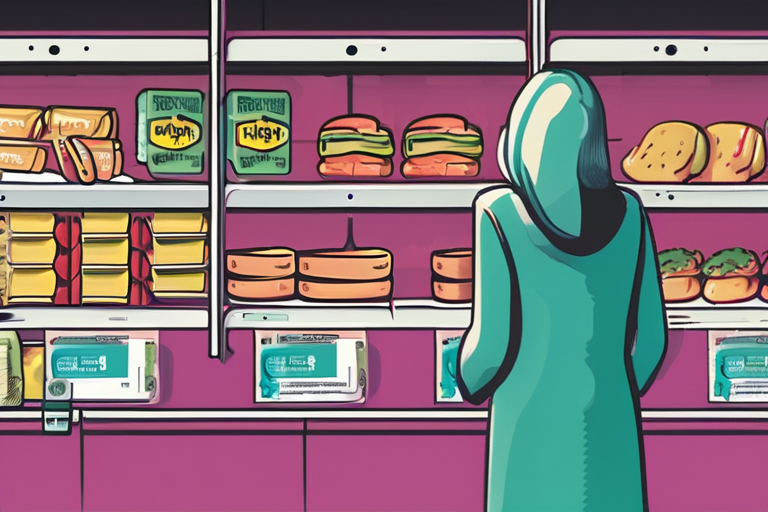




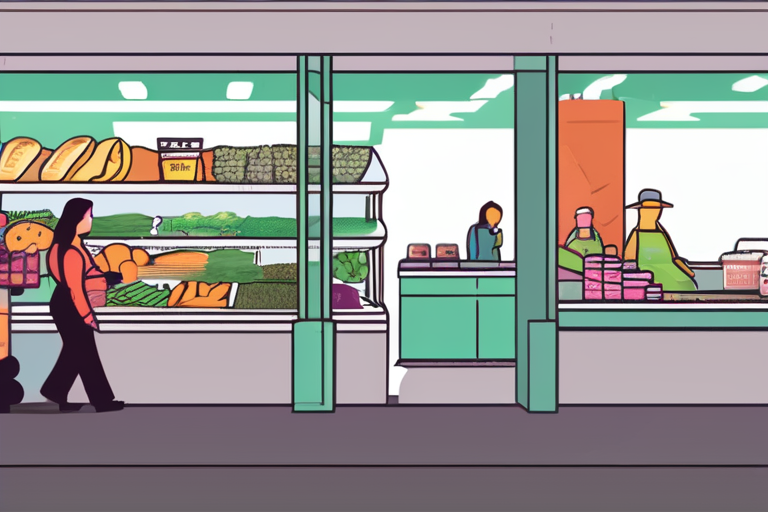







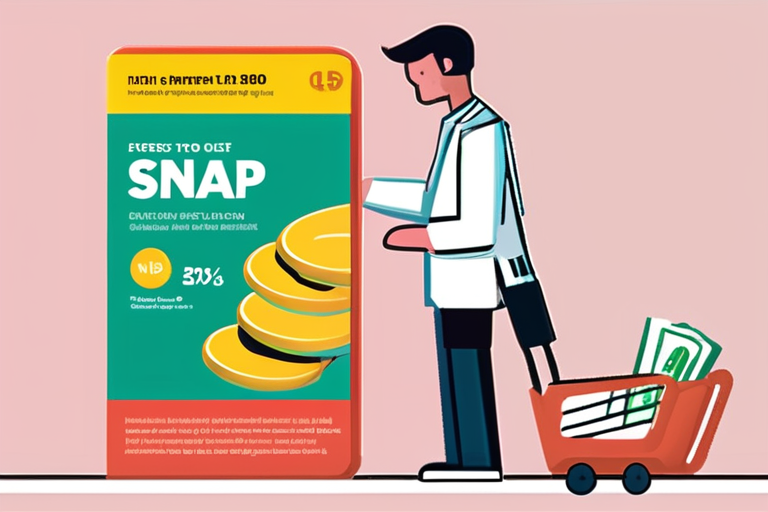
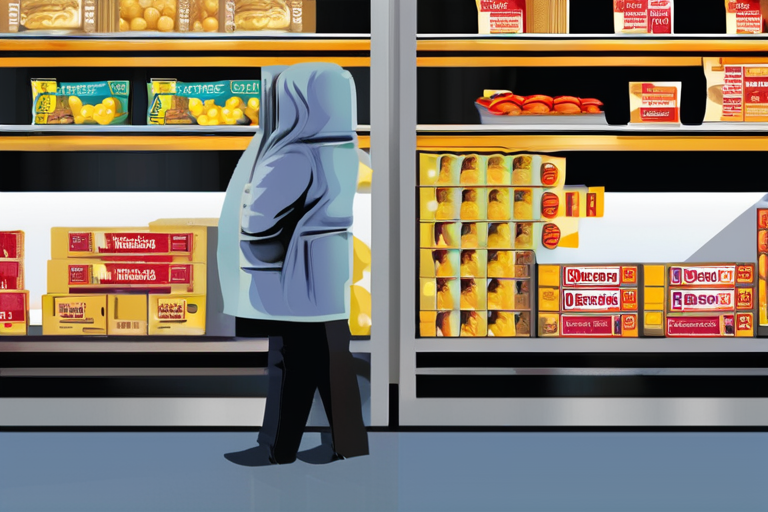


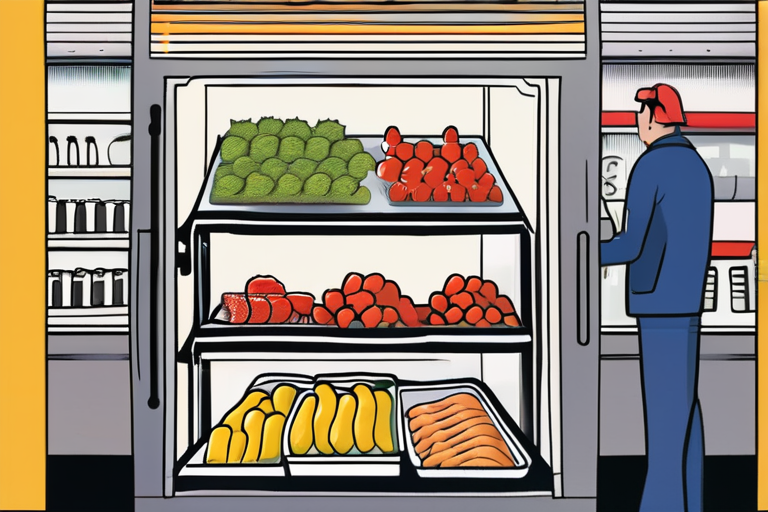
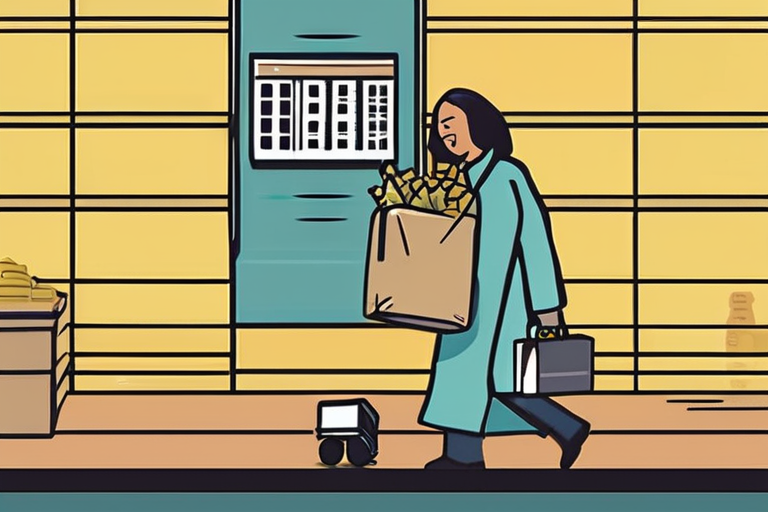
Share & Engage Share
Share this article